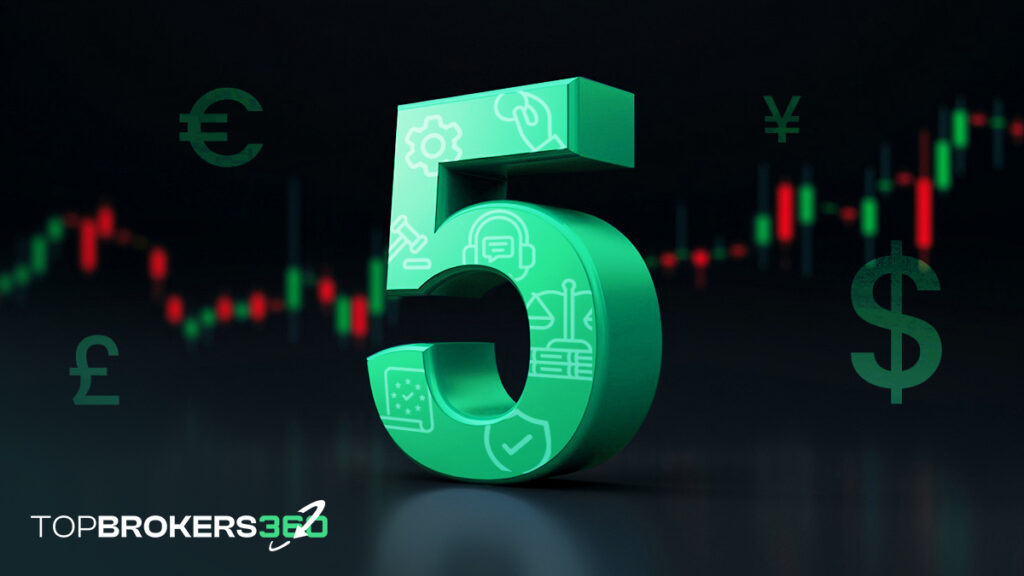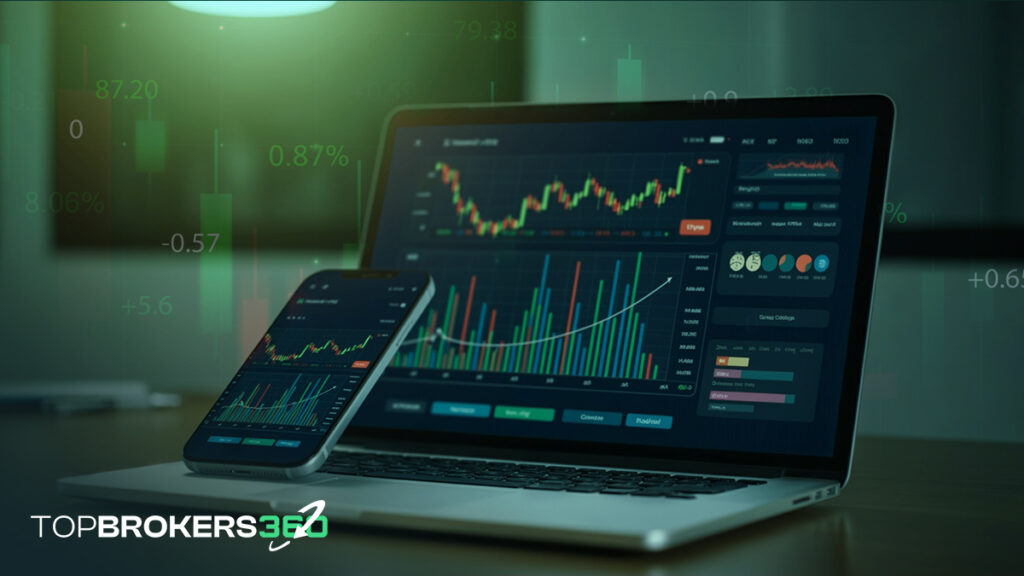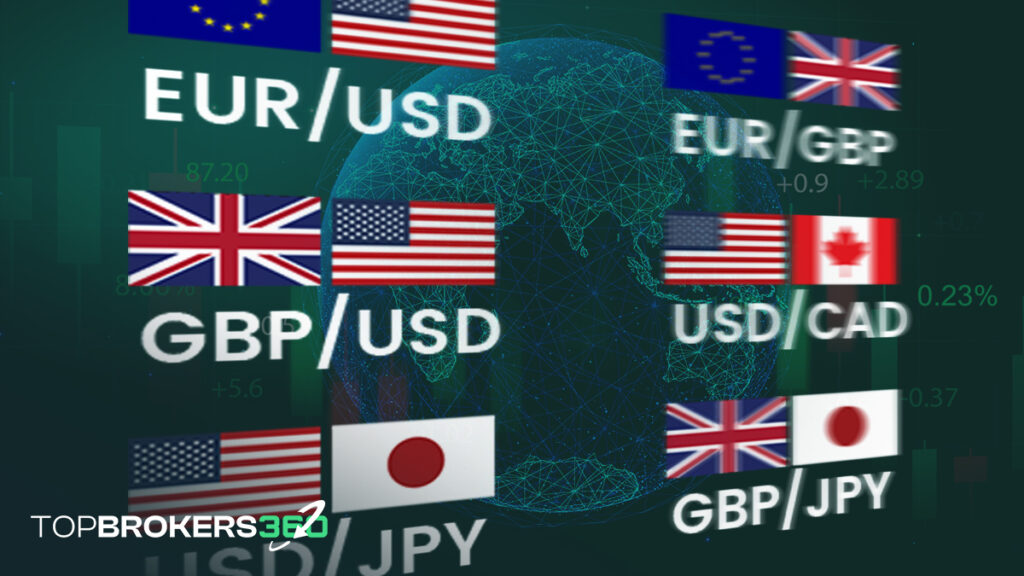
1. Regulation and Licensing
One of the first things you should look for in a forex trading broker is regulation. A regulated broker ensures that your funds are protected, and that the broker operates transparently and ethically.
Why is this important?
- Safety of funds: Regulated brokers must comply with financial regulations that safeguard client deposits.
- Fair practices: Regulation enforces strict rules regarding market manipulation, transparency, and ethical conduct.
- Security: Licensed brokers often offer additional protections, such as negative balance protection and segregated accounts.
When selecting a broker, always check if they are licensed by a respected regulatory authority, such as the FCA (Financial Conduct Authority), ASIC (Australian Securities and Investments Commission), or CySEC (Cyprus Securities and Exchange Commission).
Top Tip:
You can usually find the broker’s regulatory information on their website in the ‘About Us’ or ‘Legal’ section.
2. Trading Platforms and Tools
Finding the best forex trading platform is essential for your journey as it determines how well you can execute trades, manage risk, and analyze the markets.

- When assessing a forex broker, look for the following:
- User-friendly interface: Make sure the platform is easy to use.
- Advanced charting tools: Good platforms offer various chart types, indicators, and drawing tools to analyze the market.
- Customizability: Platforms that allow you to personalize your workspace.
- Mobile trading app: Check if the broker offers a forex trading app for seamless trading on the go.
Popular Platforms
| Platform | Key Features | Rating |
| MetaTrader 4 | Highly customizable, reliable charts |      |
| MetaTrader 5 | Multi-asset trading, advanced tools |      |
| cTrader | Fast execution, intuitive design |     |
3. Cost and Fees
The costs associated with trading can significantly impact your profitability. It is important that you understand how a CFD broker charges for their services.
Key fees to watch out for:
- Spreads: Most brokers charge spreads (the difference between the bid and ask price). Look for tight spreads, especially on major currency pairs like EUR/USD.
- Commission: Some brokers charge commission fees per trade, particularly in CFD broker accounts. Be sure to compare commission rates.
- Overnight fees: When holding positions overnight, brokers may charge swap charges or overnight financing fees.
Top Tip:
Choose a broker with low spreads and no hidden fees to maximize your profits.
4. Available Currency Pairs
Different brokers offer varying levels of access to currency pairs. If you want to trade a specific currency pair, make sure your broker offers it.

- The best forex trading CFD brokers should offer a diverse range of forex trading pairs, including:
- Major pairs: EUR/USD, GBP/USD, USD/JPY
- Minor pairs: EUR/GBP, EUR/JPY
- Exotic pairs: USD/TRY, EUR/INR
Important:
Trading a wide range of pairs allows you to diversify your strategies and take advantage of various market conditions.
5. Customer Support and Educational Resources
- Good customer support can make all the difference when you face issues or need guidance. Look for a forex broker that offers:
- 24/7 customer support: This ensures help is available whenever you need it, especially during volatile market conditions.
- Multilingual support: If English isn’t your first language, a broker offering customer service in your preferred language can be helpful.
- Educational materials: A broker that offers comprehensive learning resources, including webinars, eBooks, and online courses, can help you improve your trading skills.
Bonus:
Some brokers also offer demo accounts, which is a great way to practice trading risk-free.
Finding the Right Forex Broker
Always choose a broker that aligns with your trading goals and offers the tools, resources, and security you need for a seamless trading experience. Happy trading!